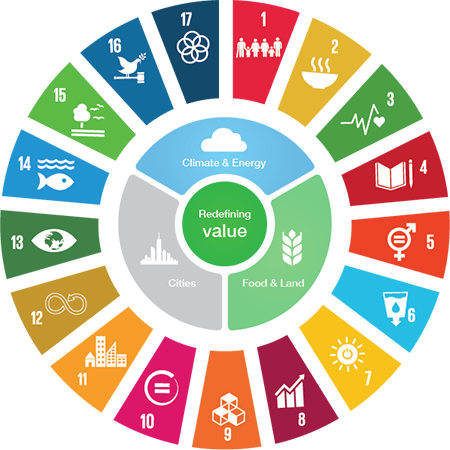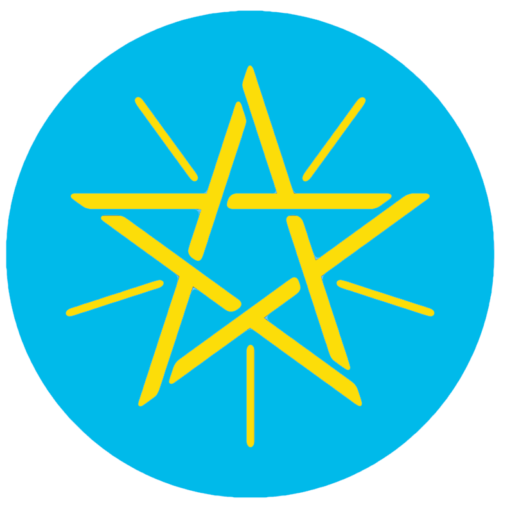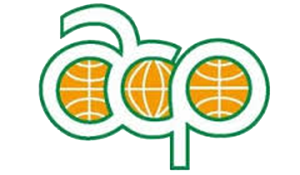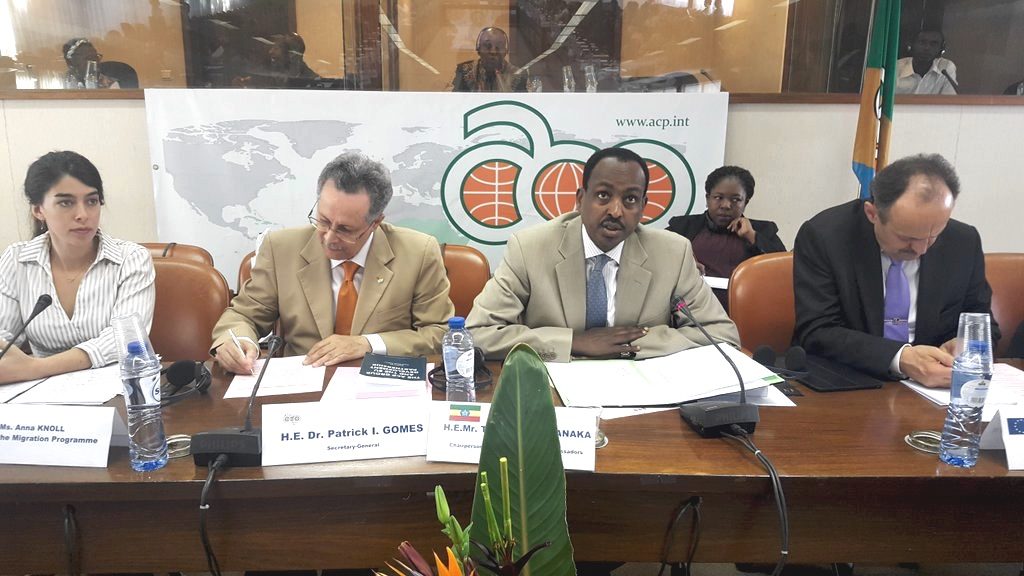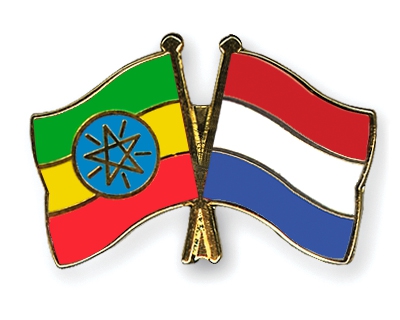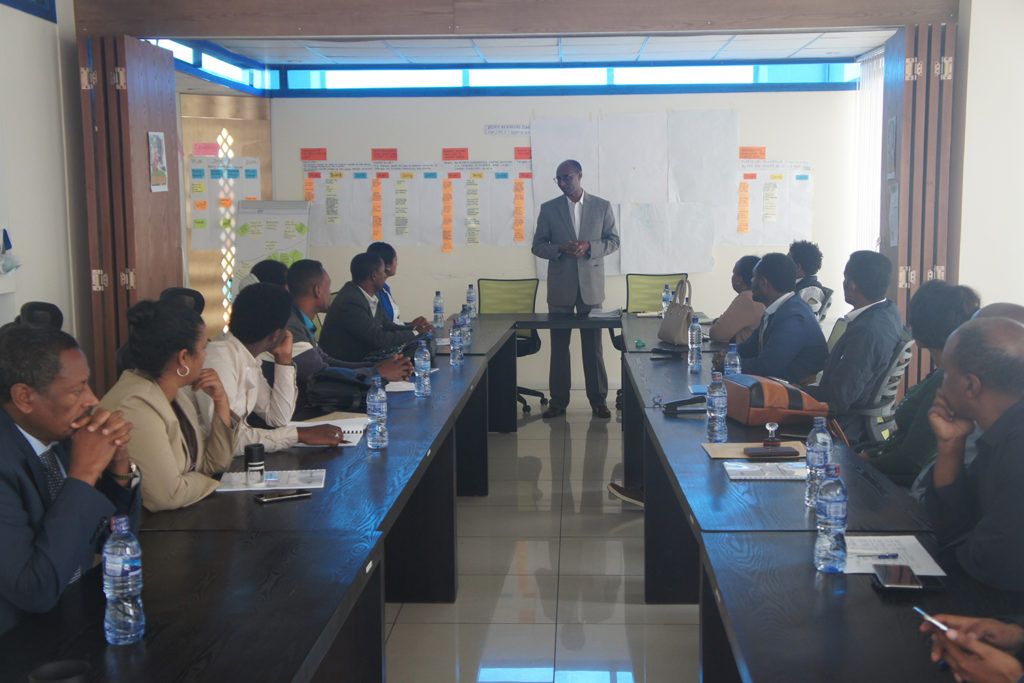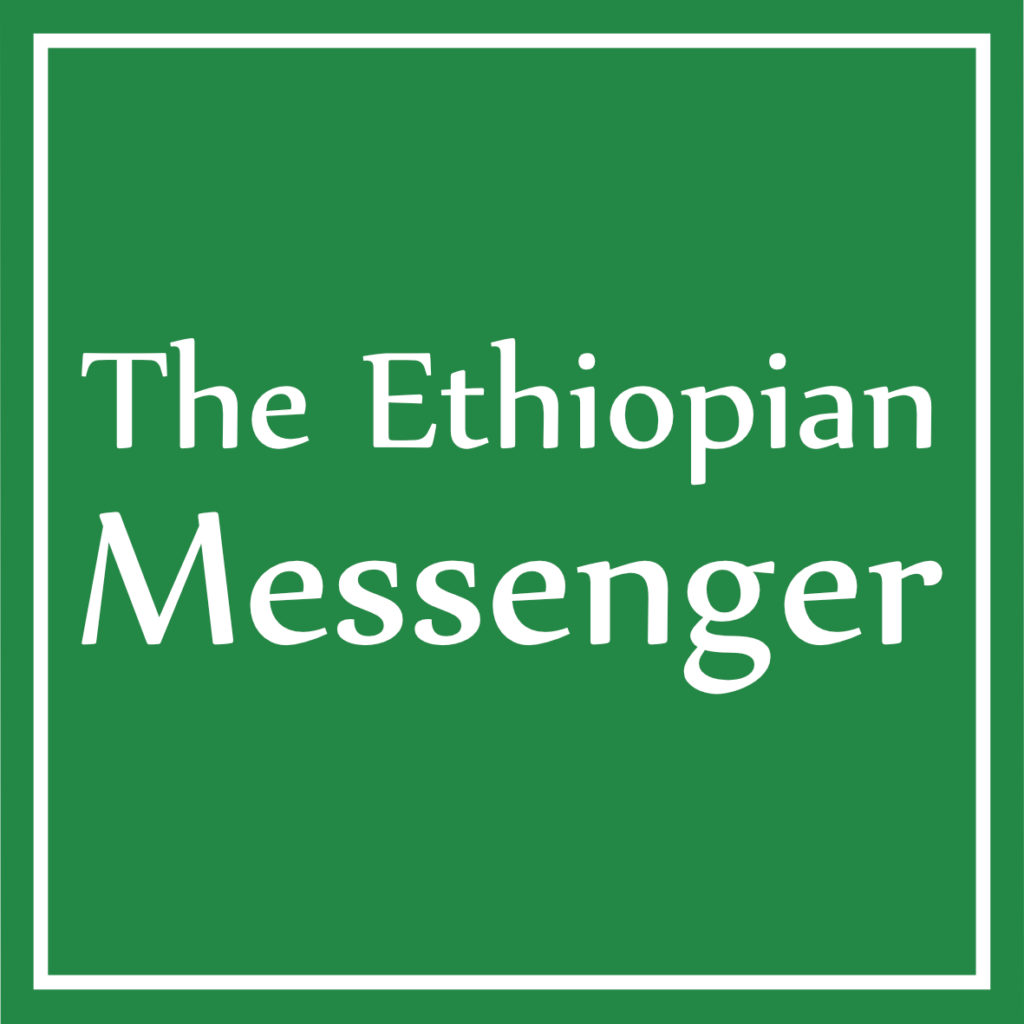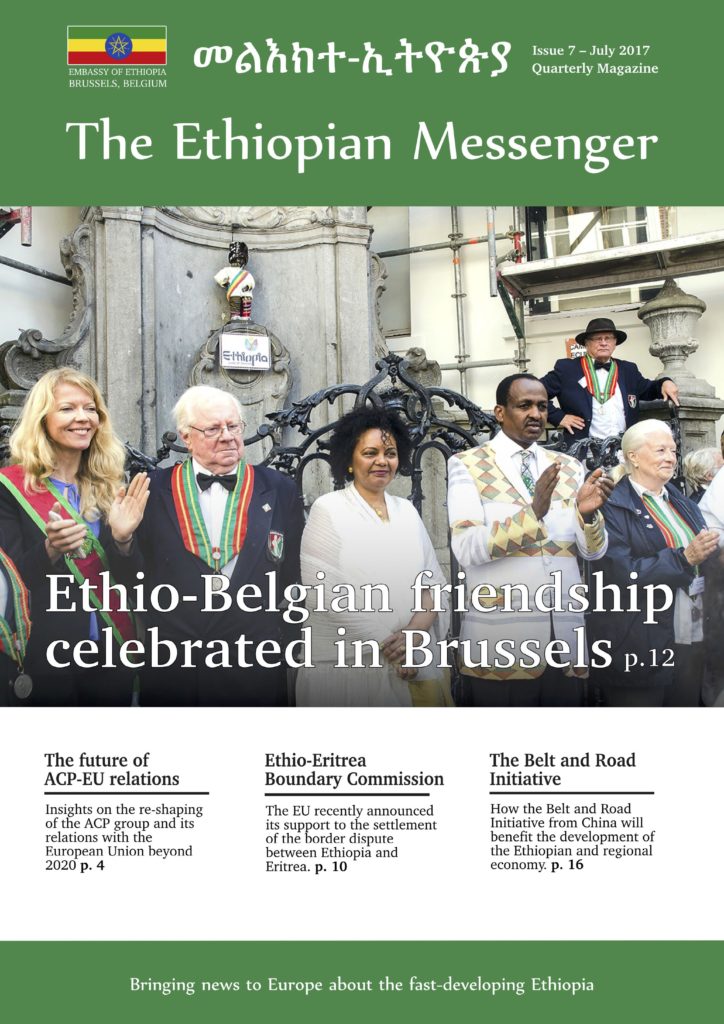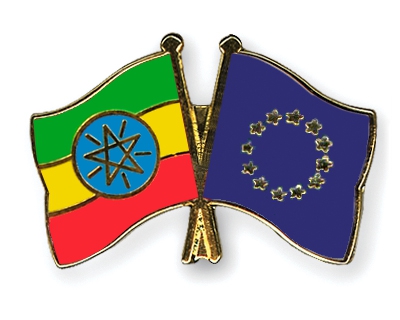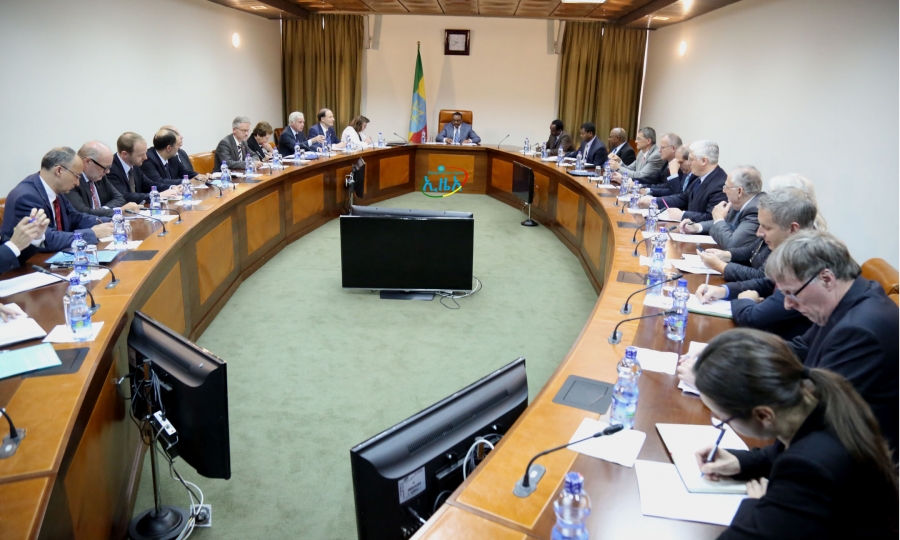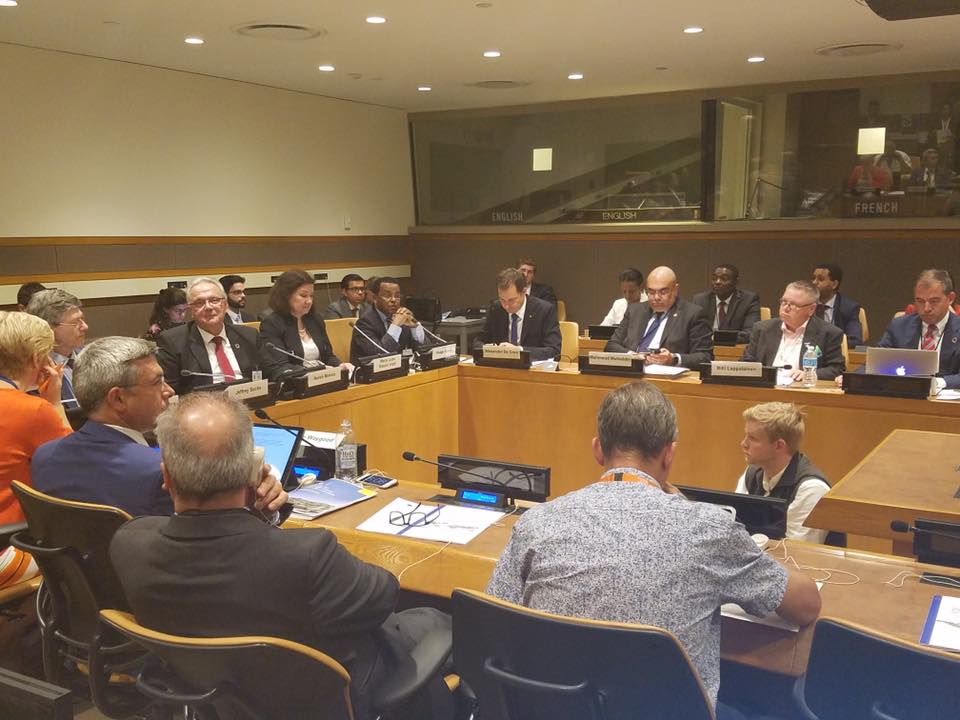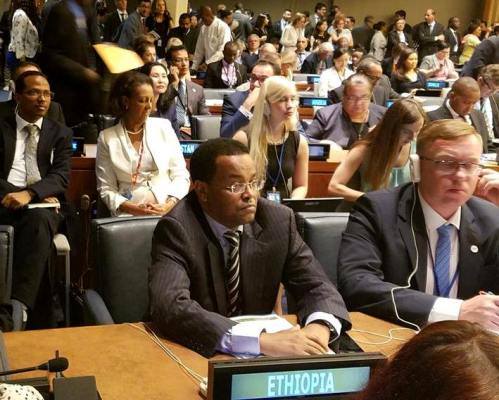An article from A Week in the Horn, issue of 4 August 2017 (link)
It’s been a year and half since the Sustainable Development Goals (SDGs) came to effect in January 2016. The Sustainable Development Goals, also known as the Global Goals, number 17, with a total of 169 targets, envisioning ending poverty, protecting the planet and ensuring that all people enjoy peace and prosperity within the next fifteen years. Different from the previous Millennium Development Goals, the interconnected 17 SDGs also include new areas such as climate change, economic inequality, innovation, sustainable consumption, peace and justice. They also take into consideration the fact that tackling one SDG also impacts on the efforts of addressing others.
Ethiopia recorded remarkable achievements in a number of the Millennium Development Goals, implementing them in an integrated manner with its first national Growth and Transformation Plan. It has acted similarly in working for the implementation of the SDGs. As noted in the United Nations Sustainable Development Knowledge Platform page, Ethiopia, informed by its earlier experience and recognizing future opportunities, has accepted and endorsed the 2030 Agenda for Sustainable Development, integrating it with its national commitments and ownership to implement the 2030 Agenda and the Sustainable Development Goals. Synchronizing these with the its Second Growth and Transformation Plan (GTP II), Ethiopia has been making progress in the implementation of the Sustainable Development Goals ever since they came into operation.
An extract of a summary report outlining the methods and processes used in Voluntary National Reviews (VNRs) on the implementation of the SDGs has been published on the United Nations Sustainable Development Knowledge Platform. The executive summary report, extracted from the full report of the 2017 VNRs on Ethiopia’s implementation of the SDGs, was prepared after Ethiopia, invited by the United Nations Economic and Social Council, volunteered to participate in a 2017 Voluntary National Review.
The finding of the report indicated the Government’s fully fledged commitment to pro-poor policies and strategies, to the leadership and administration mechanisms and tangible efforts due to provide the necessary momentum for implementation of the SDGs. Ethiopia’s decentralized administration systems, well-established institutional and organizational arrangements were recognized as valid inputs for these commitments. Additionally, with reference to national ownership of the SDGs, four focus of engagement are being stressed. These are: mainstreaming the SDGs into the Growth and Transformation II; inclusive engagement and participation of all actors and stakeholders in the preparation and implementation, following up and the provision of annual progress reviews of the SDGs-Integrated GTP II; additional allocation of financial resources; and effective coordination of SDGs-integrated GTP II implementation both at the federal and regional level. These are all concrete evidences for strong national ownership of the SDGs by Ethiopian Government.
The report also praised Ethiopia’s early performance in some of the SDGs, including the first three: End poverty in all its forms everywhere; End hunger, achieve food security and improved nutrition and promote sustainable agriculture; and Ensure healthy lives and promote well-being for all at all ages. It also noted progress in Goals No. 5: Attain gender equality, empower women and girls everywhere; No. 9: Promote sustainable industrialization; and No. 14: Attain conservation and sustainable use of marine resources, oceans and seas.
In this connection, speaking at the discussion on “Accelerating Inclusive and Sustainable Development in Landlocked Developing Countries through Structural Transformation: Pursuing Policy at the Nexus of Infrastructure and Industrialization” at the United Nations Security Council last week, Mrs. Hirut Zemene, State Minister of Foreign Affairs, shared Ethiopia’s experiences on economic transformation and industrialization. Among the major areas on which she briefed the council was Ethiopia’s tangible progress in the renewable energy sector. Ethiopia now aims to redouble its efforts to increase national electric power generation capacity from 4,270 MW to 17,000 MW by 2020, in line with the country’s Green Economy Climate Resilient Strategy. Noting that inclusive and sustainable industrialization is crucial for poverty reduction, economic growth, job creation and structural transformation, the State Minister underlined that building a resilient infrastructure would also contribute to accelerate an industrialization process as well as enhancing productive capacity.
State Minister Hirut indicated while Ethiopia fully recognized that the SDGs were interlinked and indivisible, SDG 9 was among the goals to which it was giving priority. She also underlined that Ethiopia was pursuing an integrated industrial development strategy with a clear vision of becoming an African manufacturing hub by 2025. She stressed the country was fully integrating SDG 9 in the Growth and Transformation Plan II (2015-2020). Taking into consideration the country’s comparative advantages, she noted that special attention was being given to labor-intensive and light-manufacturing sectors, such as agro-processing, leather and textiles. Speaking about the challenges to implementation of the SDGs, she noted these included both lack of funding and capacity in the development of industrialization and infrastructure. Ethiopia’s solution, she emphasized, was advocacy of public and private partnerships and expansion of Foreign Direct Investment in line with other priorities.
